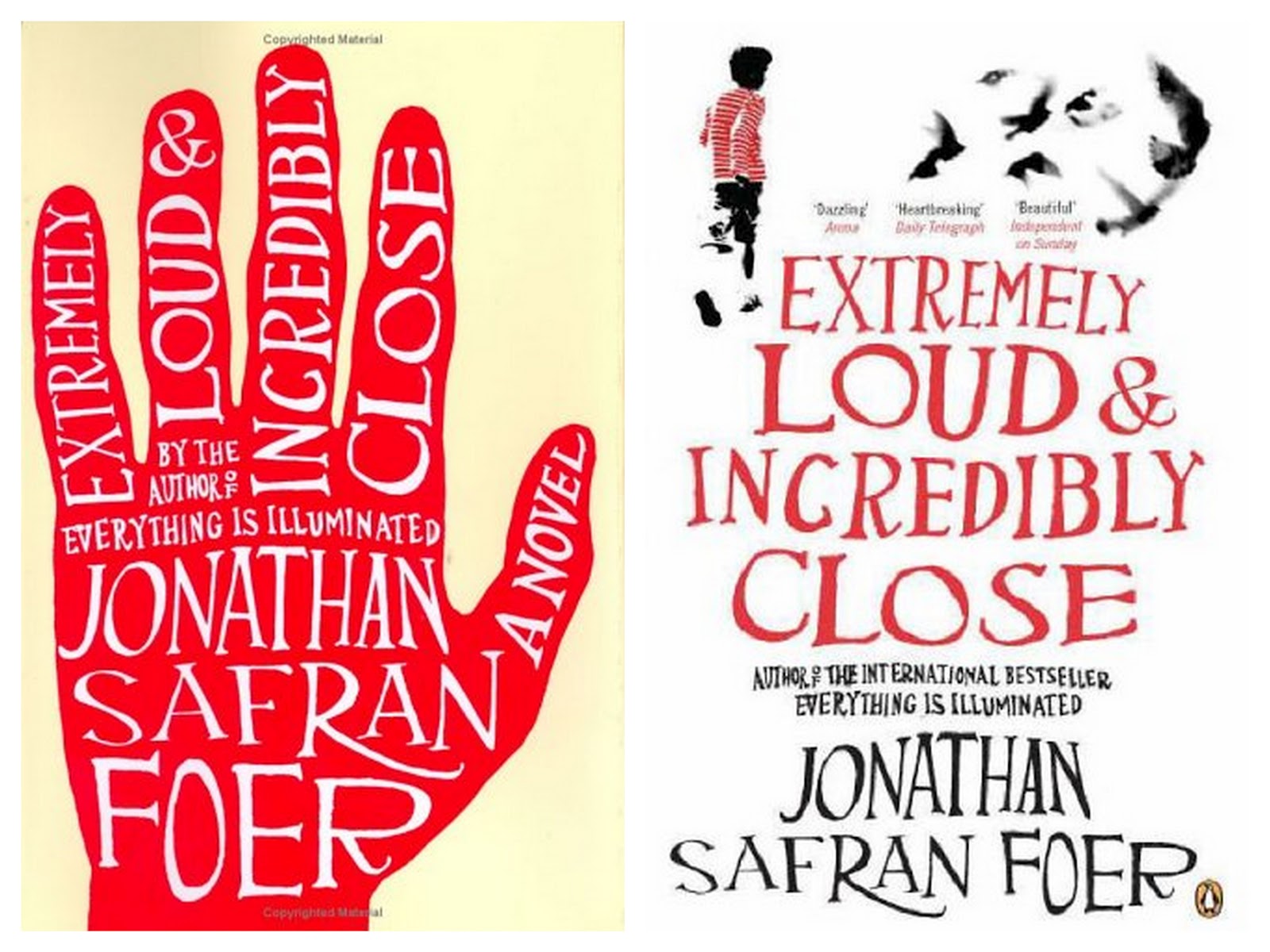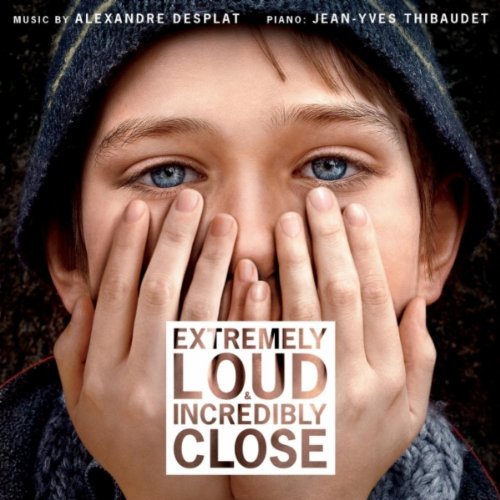


As a result, for every moment that felt true, there was an equally eyeroll-worthy moment where he ruined it.


Writing in the perspective of a child can be challenging enough, but Foer also chose to have his protagonist be neurodivergent (most likely he is on the autism spectrum disorder). This book is narrated mainly by Oscar, a boy in post-9/11 New York City whose father was killed in the attack on the World Trade Center. * I can’t be the only one who can’t take him seriously after the Sony hack revealed he left his wife for Natalie Portman, who was like, what the fuck? Why did you do that? In my opinion, this book (and his writing in general) is a constant mesh of his need to be clever and impressive getting in the way of actual meaning. It says a lot that I haven’t read anything of his since the first book I tried ( Everything is Illuminated, back in 2010), and even as I gave that book four stars, my Goodreads review of it says, “I feel like what this book is telling me is that Jonathan Safran Foer is a good writer, and he knows it.”(I would not have given it four stars today.) That feeling has only intensified. I’m just really skeptical of Jonathan Safran Foer*. I had a surprisingly hard time finding books to fit this description, and none other than this one I already owned. I’ve owned this for oh, about thirteen years? Back when I still thought I had to read books other people thought were “good” and “important.” And b) because of CBR Bingo, in which the Nostalgia square meant finding a book set during the time in which I was in high school. I picked this book up because a) I’ve owned it forever and pandemic reading has meant trying hard to find books off my own shelves.


 0 kommentar(er)
0 kommentar(er)
